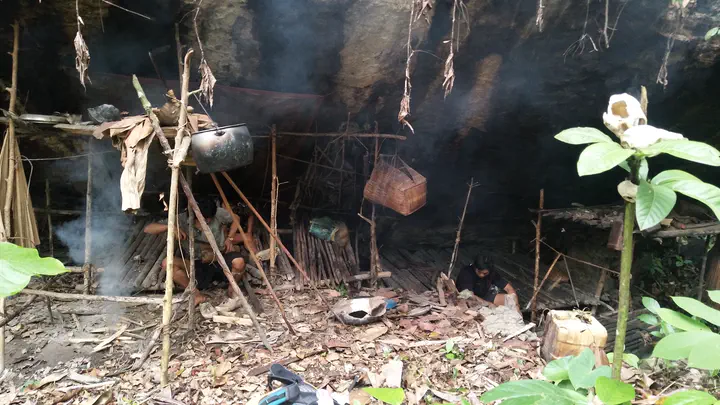Comparative functional genomics and microbiomes in lifestyle transition of Borneo indigenous hunter-gatherer communities
 Photo by rawpixel on Unsplash
Photo by rawpixel on UnsplashSummary:
In Indonesia, a patch of Eastern Bornean forest remains the home of the last active hunter-gatherer group in the region, the Cave Punan (Punan Batu), who live under karstic rock-shelters. They continue to hunt on a daily basis, primarily using dogs and spears, and to gather a range of forest tubers and fruits. However, deforestation is forcing the community to transition away from their traditional lifestyle towards a more sedentary and partially agricultural one. The transition from hunting and gathering to agriculture involves a radical shift in diets and physical activity levels, and could disrupt long-standing biology likely to have been shaped by natural selection, eventually leading to increased risk for lifestyle disease. Hence, the aims of this project are i) to characterize genomic adaptation to a foraging lifestyle in the Cave Punan, ii) to study the biological impact of lifestyle transition by observing the changes at the RNA and epigenetic level in communities along this lifestyle gradient, iii) and to contrast the gut microbiome diversity in communities with different lifestyles. This study will provide insights on how our ancestors’ way of life has left genomics imprint in contemporary foraging community, and how lifestyle changes would alter its biological significance.